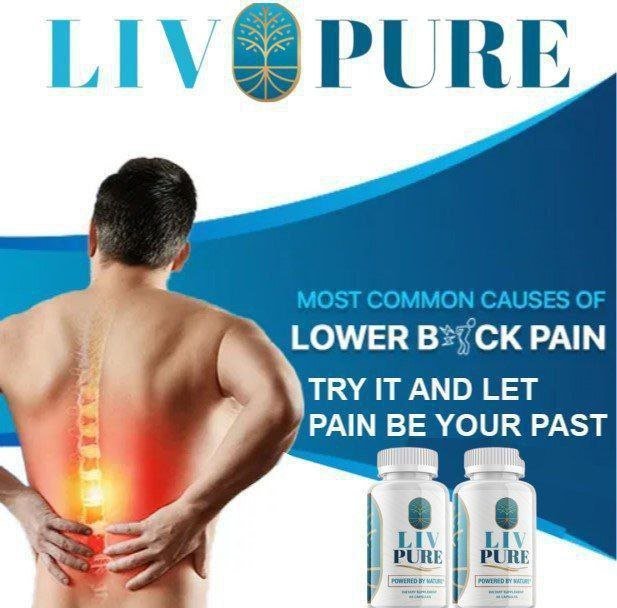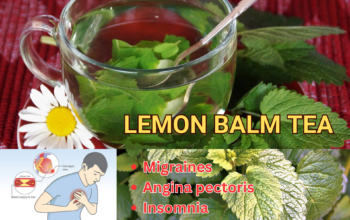Learning how to prevent Alzheimer’s Disease involves combining scientific theories with practical strategies to maintain a healthy mind.
You may have heard about the potential links between certain everyday products and Alzheimer’s disease. For example, the use of aluminum-containing products has been suggested to increase the risk of Alzheimer’s.
With Alzheimer’s in our family history, we take proactive steps to minimize exposure to known and suspected risk factors. Thanks to our readers who have shared valuable Alzheimer’s-related information with us over the past few months!
Note: We are not endorsing or refuting these claims but providing alternatives for those who prefer to err on the side of caution.
How to Prevent Alzheimer’s
Aluminum-free Deodorant One of the first steps in reducing Alzheimer’s risk is switching to a deodorant that is free of aluminum and harmful chemicals. Our homemade deodorant recipe is effective, cost-saving, and free of parabens and aluminum.
Aluminum-free Cookware We primarily use cast iron cookware, supplemented with stoneware and glassware. Enamel-coated cast iron is another excellent alternative to aluminum cookware. For baking, stoneware or cast iron cookie sheets are preferable. Keep these heavy-duty options in the oven to save space and energy by maintaining even heat distribution, which also contributes to better cooking results.
Aluminum-free Baking Powder Despite some misconceptions, baking soda is naturally aluminum-free. However, it’s important to choose aluminum-free baking powder, which is often available at health food stores. Additionally, avoid prepackaged baking ingredients like cake mixes and doughs, as they can contain aluminum.
Avoid Aluminum Foil Opt for wax paper or other alternatives such as freezer paper, parchment paper, reusable sandwich bags, cloth napkins, and glass storage containers instead of aluminum foil.
Fluoridated Drinking Water Did you know that some sources of fluoride in drinking water come from aluminum and fertilizer factory waste? To avoid this, consider using water filtration systems that remove fluoride and other contaminants while preserving beneficial minerals.
Aluminum-free Personal Products Choose personal care products that do not contain aluminum. Toothpaste, shampoo, and antiperspirants can have aluminum compounds like aluminum dioxide, aluminum salts, aluminum lauryl sulfate, magnesium aluminum silicate, and aluminum chlorhydrate. We make our own shampoo, toothpaste, and deodorant or purchase aluminum-free alternatives from health food stores.
Avoid Antacids with Aluminum Many antacids contain significant amounts of elemental aluminum or aluminum hydroxide. Opt for natural remedies for heartburn instead. For example, DGL (deglycyrrhizinated licorice) tablets, prescribed by a homeopathic doctor, have proven effective for some individuals.
Regular Exercise Engaging in regular physical activity, such as walking six or more miles each week, can help maintain cognitive function and reduce memory loss.
Avoid Trans Fats A study by Dr. Gene Bowman of Oregon Health and Science University found that elderly individuals with high levels of trans fats in their blood performed poorly on memory tests and had smaller brains, a characteristic of Alzheimer’s Disease. Reducing trans fat intake is a sensible health measure.
Conclusion To reduce the risk of Alzheimer’s Disease, our straightforward plan is:
- Eat a healthy diet
- Exercise regularly
- Avoid aluminum in products whenever possible
By following these guidelines, we aim to support our brain health and overall well-being.








